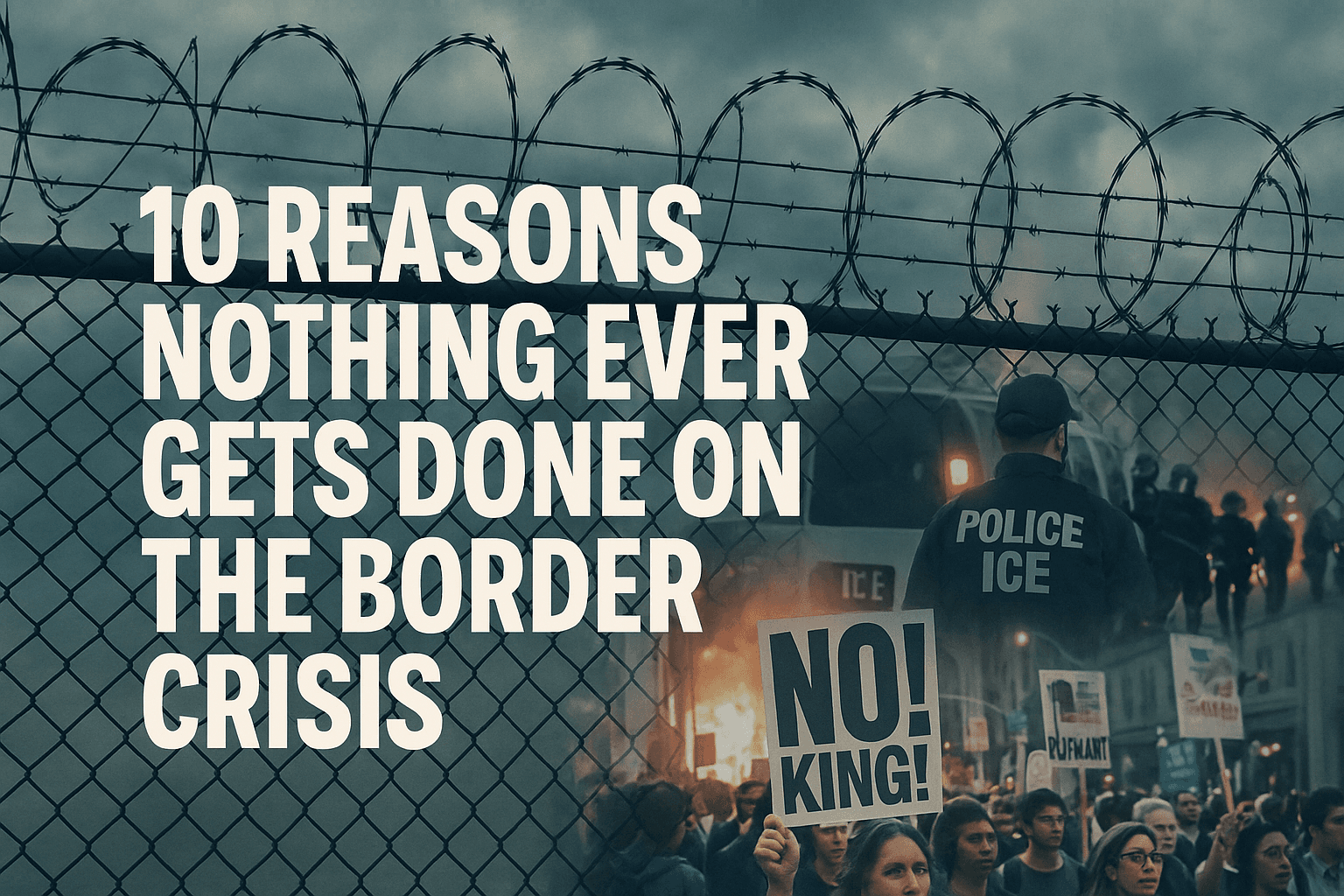There Is An Equal Voting Rights Bill In Congress No One Is Talking About

WASHINGTON, DC - There is a bill in the US House that, if passed, would ensure millions of independent voters have a more meaningful say in who represents them by requiring open primaries for federal elections. Outside of VN, however, few outlets have talked about it.
The bill is called the Let America Vote Act (HR 155). which was originally introduced in the last congressional term and was re-introduced by its sponsors on January 3, when it was referred to the Committee on House Administration and the Committee on the Judiciary.
Since then, no additional action has been taken on it and it has received little attention.
Put simply, the Let American Vote Act requires states to open federal primary elections paid for by taxpayers to all registered unaffiliated/independent voters, including US House and Senate races. It also stipulates that federal funds will be withheld from states that don't comply.
The bill was introduced by Republican US Rep. Brian Fitzpatrick of Pennsylvania, along with Reps. Marie Gluesenkamp Perez (D-Wash.), Andrew Garbarino (R-NY), and Jared Golden (D-Maine). Incidentally, Fitzpatrick and Garbarino both represent closed primary states.
Gluesenkamp Perez and Golden recently made IVN's list of most independent members of Congress and Fitzpatrick was noted as an honorable mention for legislating from a position that puts their constituents ahead of party politics.
“In Southwest Washington, we value our independence, know that our beliefs don’t always fit neatly into one box, and recognize there’s not a national political party that cares about our community like we do," Gluesenkamp Perez said when the bill was originally introduced.
She added that good ideas "come from both sides of the aisle, so Americans shouldn’t be denied the right to vote for the candidate of their choosing because they aren’t affiliated with a political party."
Gluesenkamp Perez is unique among the bill's sponsors as she represents a district of a state that uses a nonpartisan top two open primary in which all voters and candidates participate on a single primary ballot, regardless of party, and the top two vote-getters advance to the general election.
Not all voters are extended the same rights and privileges in other states. Right now, approximately 24 million independent voters are barred from participating in taxpayer-funded primary elections across the US, which end up deciding the outcome of about 90% of US House races.
The Let American Vote Act does not explicitly call for nonpartisan open primaries. The point of the bill is to ensure that all voters have equal and meaningful say in the taxpayer-funded elections process. It would punish states that don't comply but also incentivizes compliance with additional federal funds.
The bill was recently endorsed by the Iraq and Afghanistan Veterans of America, which stated that "too often, barriers to voting disproportionately affect service members and veterans, making it harder for them to have their voices heard. Veterans fought for democracy; they should never be locked out of it."
Iraq and Afghanistan Veterans of America is the largest post-9/11 veterans service organization in the US. In an October 2024 poll, the group found that 55% of post-9/11 veterans politically identify outside the two major political parties -- something it noted in its statement.
The sponsors of the Let America Vote Act all voted for the SAVE Act, a bill in Congress that has gotten substantially more media attention and requires proof of citizenship when registering to vote in federal elections under the National Voter Registration Act of 1993.
 Shawn Griffiths
Shawn Griffiths





